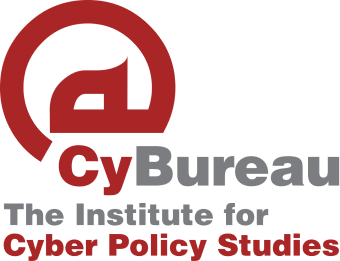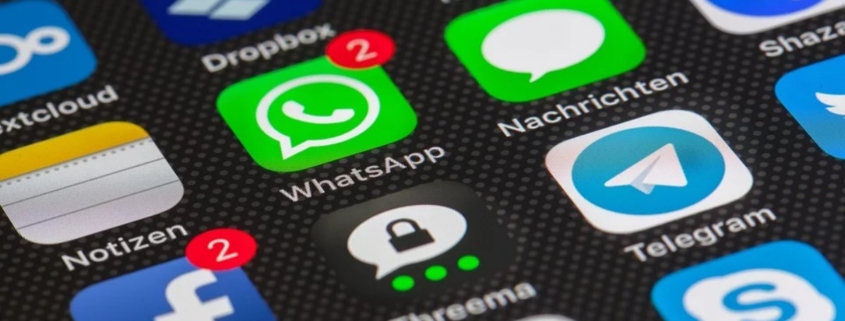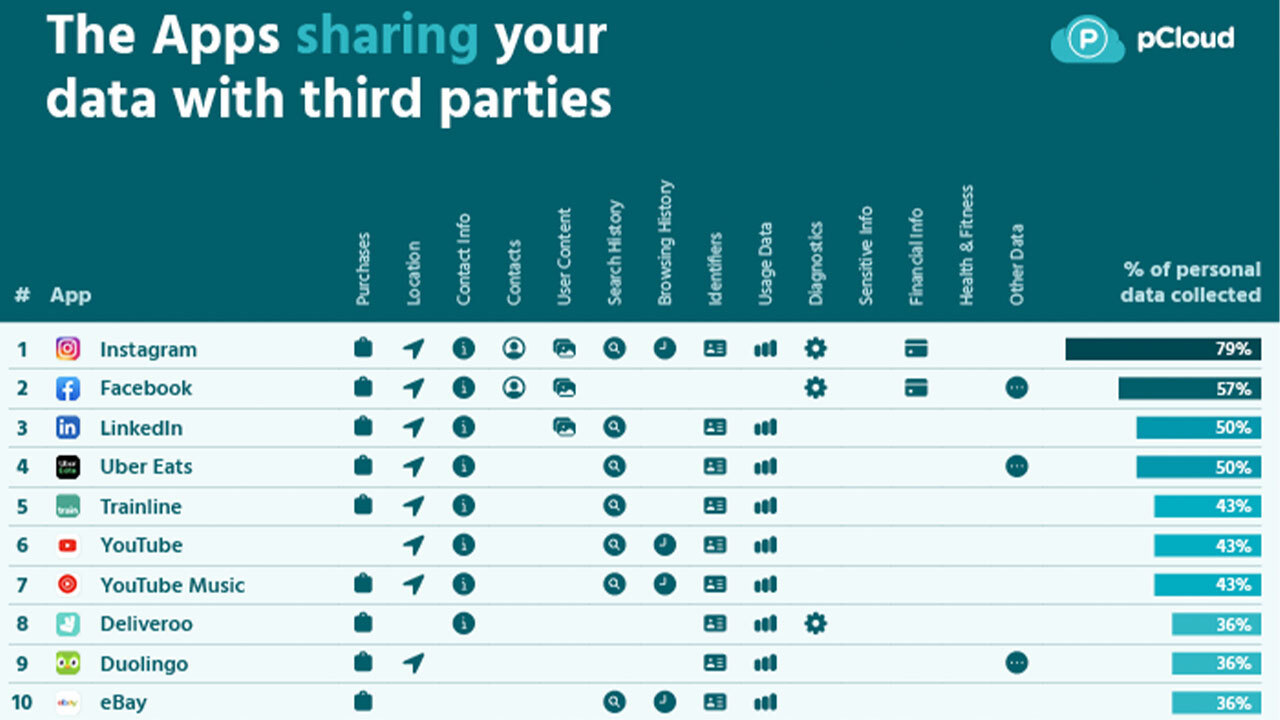The pitfalls of ID verification on social media websites
The idea that there should be mandatory verification via some official ID is appealing at first glance. For quite some time, social media has deviated from its initial intended purpose of connecting people and has been weaponised by various states, racists, nazis, and terrorists. The racist abuse received by three black English footballers after England lost at the Euros 2020 was the latest incident among a long line of sportspersons receiving racist and sexist abuse online. The jihadist insurgents in Syria and Iraq use all manner of social media apps and file-sharing platforms, most prominently Ask.fm, Facebook, Instagram, WhatsApp, PalTalk, Kik, Viber, JustPaste.it, and Tumblr. However, Twitter emerged as the most popular application for use by terrorists since 2013-14. The advocates for the verification by ID argument believe that removing anonymity will reduce the amount of abuse online and sanitise online spaces from terrorists.
However, several arguments highlight the pitfalls of using ID verification on social media.
- The importance of anonymity: One of the main arguments against ID verification is the importance of anonymity on social media. Radical groups may use anonymity to carry out their plan online, but some citizens use the same anonymity to organise protests, act as whistleblowers, and resist oppressive governments. For example, the BLM and #MeToo movements have used social media to organise protests and also whistleblow acts of sexual harassment by influential people. Anonymity also becomes essential for LGBTQIA+ people, especially if they belong to a country that outlaws homosexuality. In such circumstances, sexual, gender and other minorities use the anonymity of social media to connect with others like them. Most recently, an anonymous social media handle claiming to be a food delivery executive from India highlighted the poor pay and working conditions delivery partners have to endure.
- Lack of faith in the system: Social media companies already track the data of their users. These companies sell personal data and are also the target of data theft and breaches. As a result, there will be a lack of willingness to share verifiable unique IDs and data with these companies. The lack of faith in the system also extends to the governments. Many governments, especially the authoritative and oppressive ones, can compel these social media companies to share data. This can compromise the anonymity of protestors, and states can use verified IDs to track dissenters and suppress opposition and protests.
- Responsibility of Social Media Companies: Social media companies use complex algorithms, moderators and flagging tools to highlight anti-social, racist, and extremist content online. While these are commendable steps, they are not enough. Social media companies have advanced technologies to use facial recognition, suggest photo tags, flag tweets as manipulated media, and highlight when someone is talking about COVID. The solution to the problem of extremist and racist content online also lies in technology. Simple solutions like taking away the retweet or share function of reported accounts or limiting the number of users they can follow or the number of followers they can have to single digits, taking away the functionality to DM or chat are easily implementable. Social media companies are responsible for reducing our exposure to hateful content and limiting the spreading of extremist content that terrorists use for radicalisation.
Social media abuse and use of social media by terrorists is a challenging issue. In that context, simple solutions like using ID to verify each account appear attractive, but a deeper introspection highlights several issues which collaterally hurts people more than it helps them. The problem is challenging, but it is not insurmountable. The solution lies with social media companies taking steps to create a positive experience on their platforms to attract more users and remain sustainable.


